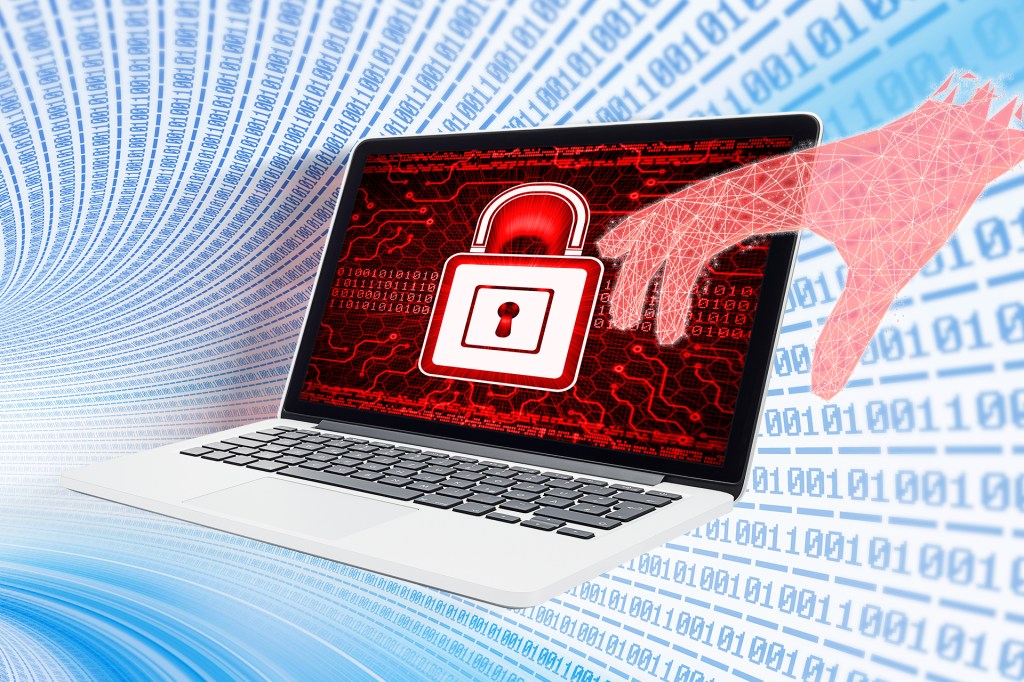Stay Safe Online

If you were born in the United States, your digital identity was created on day 1. The date and place of your birth went into government records. You were assigned a Social Security number. Those nine digits set you apart from everyone else in the country.
When you get older, you’ll need this data to apply for jobs and to buy a home. But beware! Identity thieves can steal your information. They use it to get credit cards, loans, and jobs in your name.
Stealing someone’s personal information is illegal. Still, it happens all the time, and it’s a big hassle to fix. Protect your information before thieves can get it. Here’s how.
Watch What You Share Online
If you have a social-media account, change your settings to private. Do a quick security check before each post. Think: Does this post give away private information, like my address, birthday, or email? Avoid head shots of yourself looking directly into the camera. Data thieves can use facial-recognition software to gather more information about you. Opt for action photos. It’s a great excuse to show off your cartwheeling, surfing, or skateboarding skills.
Think Before You Click
Don’t click on pop-ups, online ads, or suspicious-looking emails. Take it from Frank Abagnale, an expert on protecting personal data. He says that about 99% of malware comes from clicking the wrong thing online. Malware can secretly be installed on a computer to steal information or activate a virus. See a suspicious link? Close the page or ask an adult to take a look. Don’t open emails from someone you don’t know. Be careful even if you recognize the sender. Hackers can create scam emails that appear to be from someone you know.
Keep an Eye on Your Credit
Your personal data is used to build your credit report. Think of it as a report card of your trustworthiness. Good credit is key to getting home or car loans, credit cards, and even some jobs. Security expert Jerry Irvine warns that “hackers use young people’s names, addresses, and Social Security numbers to open financial accounts.” To protect yourself, ask a parent or guardian to check your credit report at least once a year. (It’s a good sign if there isn’t already one out there for you.) Check it for free at AnnualCreditReport.com. —By Hayden Field







